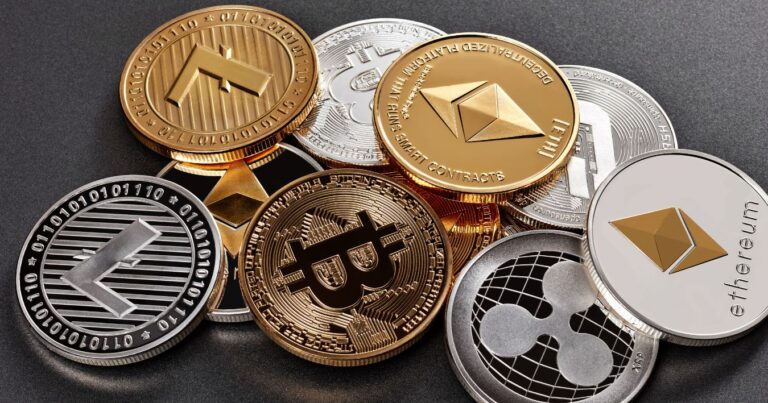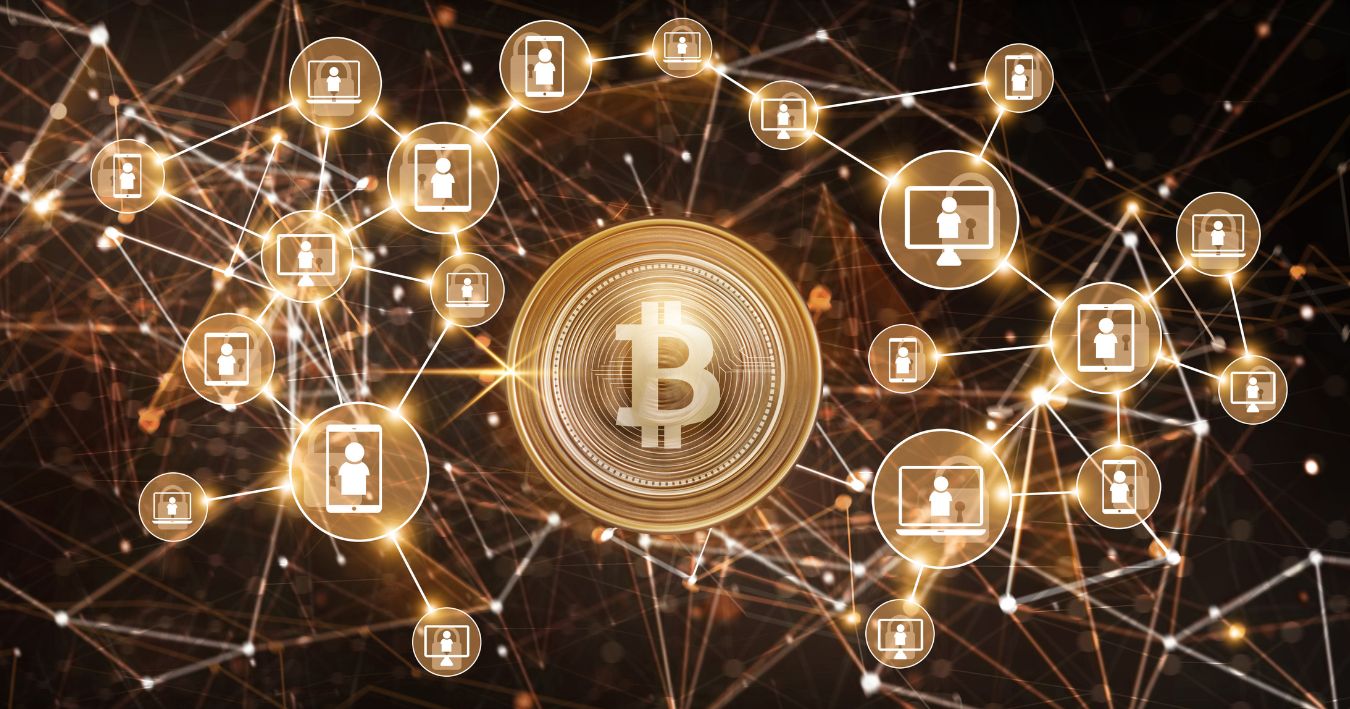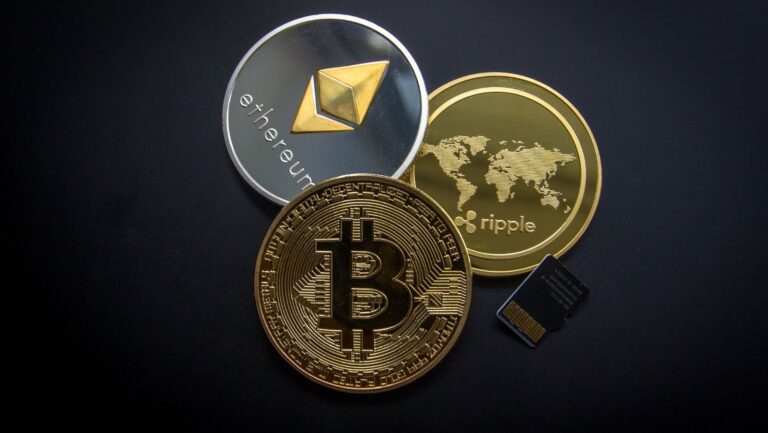Cryptocurrency and blockchain technology have become more than just passing trends in the world of finance—they’re redefining how assets are bought, sold, and managed. For those who are ready to navigate the digital asset landscape, understanding these concepts is key to making informed decisions. From the stability offered by certain digital currencies to the potential of tokenizing real-world assets, there’s a lot to explore. Here’s a breakdown of some of the essential aspects of the crypto world and what you need to know to get started in this fast-evolving space.
The Important Role of Stablecoins in the Crypto Market
As cryptocurrencies have gained popularity, their price volatility has been a significant hurdle for many investors. Enter the role of stablecoins, which has been crucial in providing a bridge between traditional currencies and the more volatile digital assets. Stablecoins are digital currencies that are often connected to the value of a much more stable asset, such as the US dollar or a basket of goods. This means they maintain a steady value, offering a safer option for those looking to avoid the wild swings of other cryptocurrencies.
Stablecoins provide a solution for traders who need a way to move funds quickly without exposure to price fluctuations. For instance, when the market becomes volatile, traders can convert their holdings into stablecoins to preserve value before re-entering the market. This functionality has made them a cornerstone of the cryptocurrency trading world, allowing investors to take advantage of the efficiency of blockchain without the risks associated with more speculative assets.
Exploring Asset Tokenization
One of the most exciting developments in the world of blockchain is the concept of asset tokenization. This process allows physical assets—such as real estate, music, artwork, or even commodities—to be digitized and represented as tokens on a blockchain. An asset tokenization platform enables these assets to be bought, sold, and traded in smaller, more accessible units, providing liquidity in markets that have traditionally been illiquid.
Tokenization opens up investment opportunities that were once limited to wealthy individuals or institutions. For example, a valuable and unique piece of art can be tokenized, allowing investors to purchase tiny bits of ownership. This means that instead of buying an entire painting, investors can purchase a share of it, making these high-value assets more accessible to a broader range of buyers.
Cryptocurrency Trading
Trading cryptocurrencies can be an exciting but challenging endeavor. The market is known for its rapid price swings, and understanding the fundamentals of trading is crucial for anyone looking to enter this space. Unlike traditional stock markets, the crypto market operates 24/7, which means that these prices can change at any time of day or night, offering both opportunities and risks.
For new traders, it’s essential to familiarize yourself with concepts like market orders, limit orders, and stop-loss strategies. Market orders execute trades instantly at the current price, while limit orders give traders a chance to set a precise price at which they want to buy or sell. Stop-loss orders are important because they help protect against significant losses by automatically selling an asset if it drops to a certain price.
Blockchain is Transforming the Real Estate Market
Blockchain’s impact extends far beyond digital currencies, with real estate being one of the sectors most poised for change. Traditionally, different real estate transactions have been slow and complex, involving multiple intermediaries such as banks, notaries, and brokers. Blockchain technology can streamline this process, making property transactions faster, cheaper, and more secure.
One of the ways blockchain is changing real estate is through the use of smart contracts—self-executing contracts that have the terms of the agreement directly written into the code. These contracts can automate processes like verifying property ownership, transferring deeds, and ensuring that funds are released only when certain conditions are met.
The Role of Security in Managing Digital Assets
As digital assets become even more popular, security has become a critical concern for investors. Unlike traditional assets, cryptocurrencies and digital tokens are stored in digital wallets, which means they can be vulnerable to hacks if not properly managed. For high-net-worth investors, ensuring the security of their digital assets is just as important as selecting the right investments.
There are several types of digital wallets, including hot wallets, which are online, and cold wallets, which are offline and offer more protection against cyberattacks. Understanding the differences between these distinct storage options is crucial for anyone holding significant amounts of digital currency or tokens. Cold wallets, while less convenient, are often recommended for assets you want long-term storage for due to their enhanced security.






